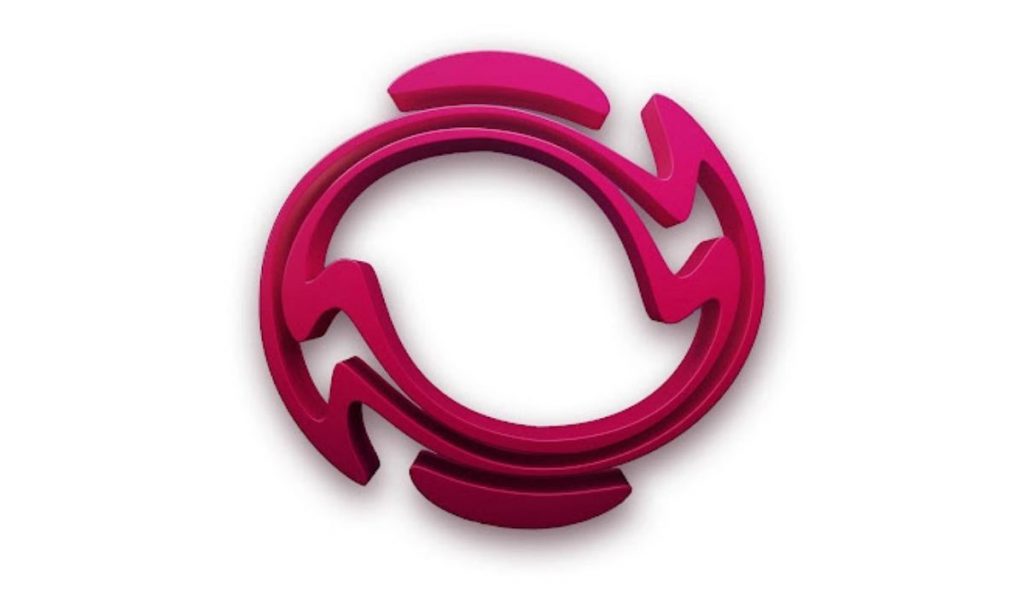The Cellframe project is set to launch a 2.0 testnet that has the ability to build a bridge using Ethereum and Bitcoin. This testnet is called SubZero which is the final stage before the launch of the mainnet.
Cellframe, is a service-oriented platform project that builds and manages a quantum-safe blockchain solution that solves the problem of scalability with the unique use of sharding. This eliminates the bandwidth bottleneck with variable consensus types in each Cell Network. $CELL is the native utility token that is used for Proof of stake consensus, Value transfer within the Cellframe ecosystem, and participation in Cellchain auctions and leasing.
CELL focuses on developing and implementing the most secure and scalable blockchain in existence globally. Thus it is built with plain programming language C, making the utilization of CPU and RAM more efficient and user friendly. Subsequently, electricity usage and expenses of maintaining the node greatly decrease. It also allows users to launch a node on any computer with any Operating System (OS).
This technology will be sustainable in the era of quantum computers, which will jeopardize the encryption of many cryptocurrencies. It’s simple, and there is no need to hire expensive blockchain engineers.
SubZero is a middle link between the first Core-T testnet and the mainnet. This 2.0 testnet will have a subchain and a consensus structure as accurately as possible to the mainnet that requires a delegated root node to create a master node. According to Dmitry Gerasimov, the CEO of Cellframe, this testnet will be the basis for single-token staking where $CELL holders will be able to invest their tokens without pairing with other tokens and get rewards from the service provider fees. He said,
 
 
“Since we have no-issuance and the start of mining is expected in December, users receive income from the fact that the master node borrows money to provide the service and pays a percentage on fees. This mechanism will be shown at SubZero, where it can be tested,”.
More so, new 256-bit arithmetic alongside classical cryptography will be implemented. This will allow the development of a bridge with the Ethereum, Binance Smart Chain (BSC), and Bitcoin networks. This much faster arithmetic bit will afterward provide opportunities to develop bridges with any other real blockchains in the future.


